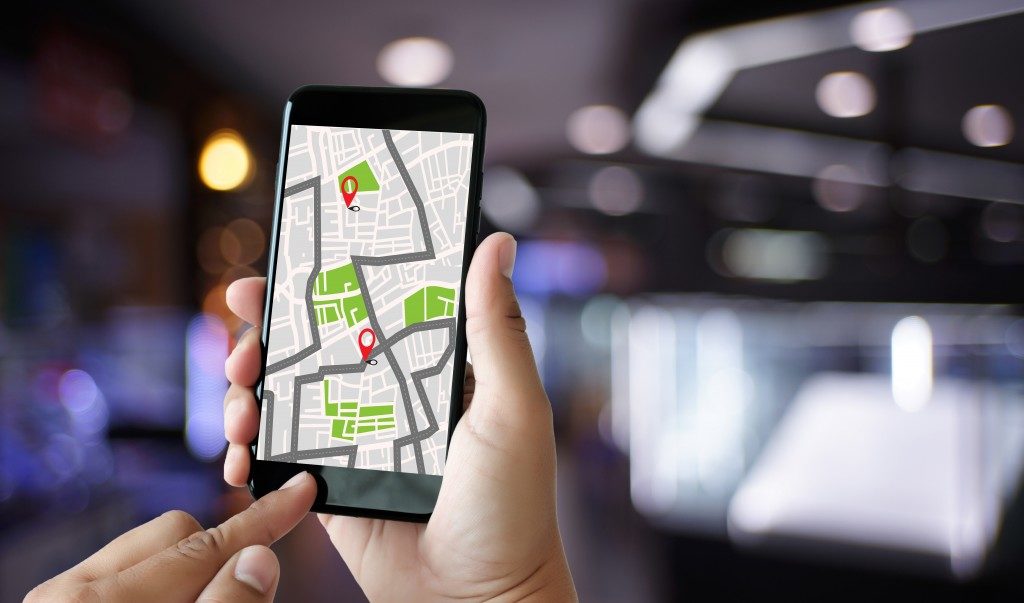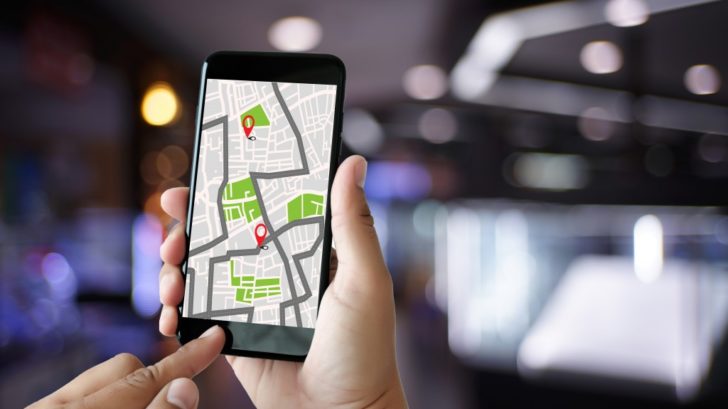
While nearly everyone has had experiences with mapping technology on their smartphones, there’s nothing quite like a dedicated GPS unit for truly dependable location services. Although fully tested for durability and accuracy with as INS simulation software, it isn’t a wholly fallible system.
There are many things that can affect the accuracy of your unit to a varying range of degrees. These are the most common factors that can affect the accuracy that you need to be aware of and compensate for.
Buildings
Although GPS units depend on satellites that fly high in earth’s orbit as opposed to line of sight, like with smartphones — they can still be affected by any tall buildings that surround you. Being in or around buildings can affect the signals from satellites that are further afield from right above you.
One factor in buildings that have a potent effect are the metals that fit into modern construction work. If you’re having a difficult time around tall buildings, make sure that you move away to get a better fix on your location.
Weather

On sunny and relatively clear days, your GPS unit will never have problems with its accuracy. In fact, pre-release INS simulation software usually ensures this as that is the most neutral of weather conditions. That all changes when things start to get overcast or rainy.
These have proven to have a potent effect of radio signals that traveled between the earth and satellites. Storms, electrical storms, in particular, can cause signal attenuation. When caught in this kind of weather, it’s better to stay away and wait for things to calm down.
Metals
Metals impact GPS accuracy significantly. They tend to reflect most signals while absorbing a few wavelengths. All of these can throw off your GPS unit when you use them in the presence of metals. This is easy enough to eliminate from your person when you walk around.
You do need to check around your vehicle for any large pieces of metal before attempting to use it. You risk getting lost if you operate your unit in the presence of metals.
The Sun
Our bright home star can throw off many magnetic pulses that hit the earth every so often. While this is often very miniscule and its effects minor, there are moments when the solar flares that hit the earth are more potent than most.
This can have a powerful effect on your GPS unit for the duration of the flare. There’s really little that can be done beyond waiting it out. There are some units that are protected against magnetic interference more effectively, and you should consider purchasing one for greater accuracy and safety.
Dedicated GPS units offer up a greater deal of dependability than their mobile smartphone counterparts. They can provide travelers with a safe map through the wilderness and can help when you move to remote and unknown lands. The key to enjoying this accuracy is to be aware of the factors that can affect your unit adversely. If you do, you can be sure that you are always where you need to be.






